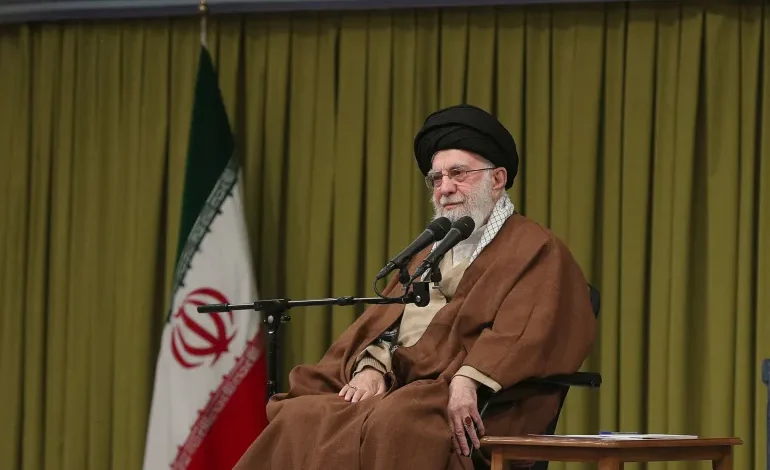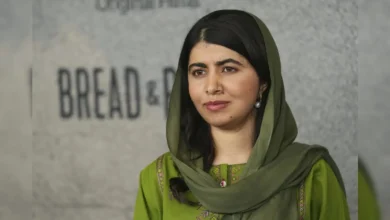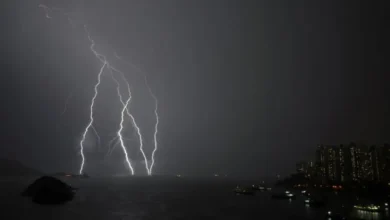Iran ‘must stop and eliminate’ nuclear enrichment, says US envoy Witkoff

United States special envoy Steve Witkoff has said that Tehran “must stop and eliminate” its nuclear enrichment programme to reach a deal with Washington, seemingly raising the bar of US demands ahead of another round of talks with Iranian officials.
Witkoff’s remarks on Tuesday appear to contradict his suggestion a day earlier that the US would be satisfied with Iran enriching uranium at a low level to produce energy.“Any final arrangement must set a framework for peace, stability, and prosperity in the Middle East – meaning that Iran must stop and eliminate its nuclear enrichment and weaponization program,” Witkoff said in a statement on Tuesday.
“It is imperative for the world that we create a tough, fair deal that will endure, and that is what President Trump has asked me to do.”
Witkoff’s official title is special envoy to the Middle East, but US President Donald Trump has given him several high-stakes responsibilities beyond the region, including spearheading talks with Russia as well as Iran.The US envoy held a round of negotiations with Iranian officials and was in direct contact with Iran’s Foreign Minister Abbas Araghchi in Oman on Saturday. Further talks are scheduled for April 19.“They do not need to enrich past 3.67 percent,” Witkoff said. “In some circumstances, they’re at 60 percent. In other circumstances, 20 percent. That cannot be. And you do not need to run — as they claim — a civil nuclear programme where you’re enriching past 3.67 percent, so this is going to be much about verification on the enrichment programme.”
That assertion garnered criticism from conservative hawks who have been calling for abolishing the Iranian enrichment programme altogether.
This is not the first time in recent years that the US has sought to negotiate limits for Iran’s nuclear capabilities.
In 2015, the US was a key party in the Joint Comprehensive Plan of Action (JCPOA), a deal that would have seen Iran scale back its uranium enrichment to 3.67 percent in exchange for the lifting of international sanctions against its economy.
The US administration of then-President Barack Obama, a Democrat, hailed that deal as a means of preventing Iran from acquiring nuclear weapons. But when Trump, a Republican, took office for his first term in 2017, he moved to nix that agreement — and did so the following year.





